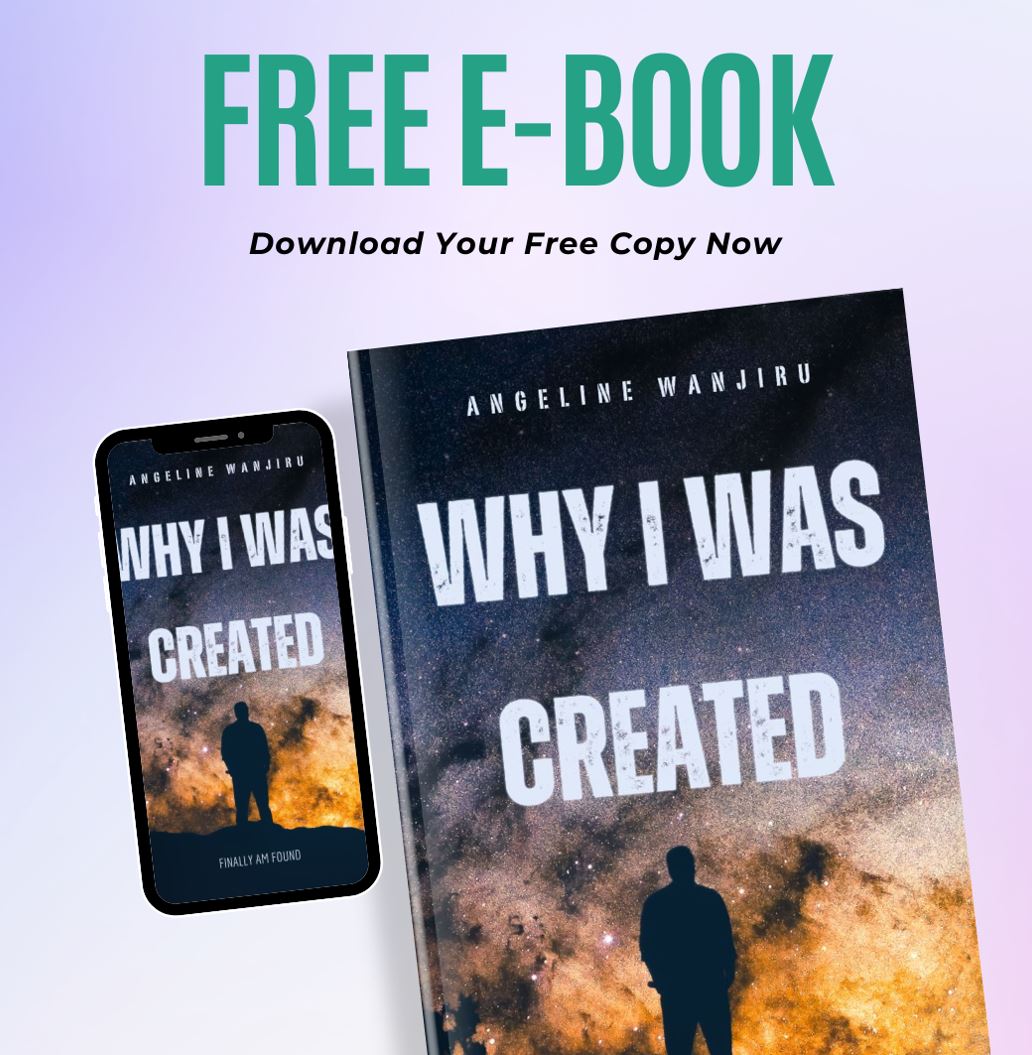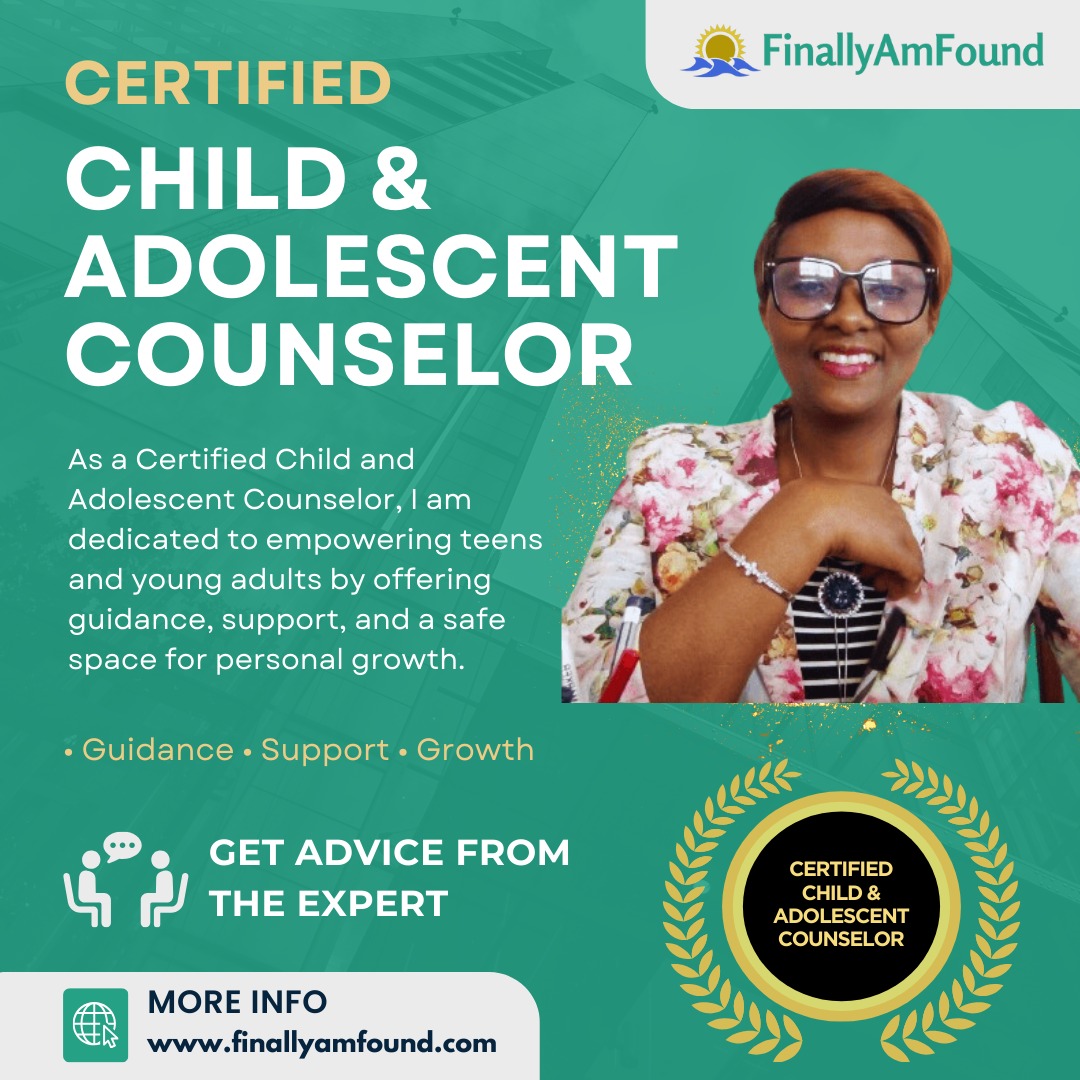Hey there,
I want to start by asking you a question which will definitely not apply to everyone: Have you ever been called a “slow learner,” or “weak student” especially from an academic perspective, or felt like you just couldn’t keep up with the pace set by everyone around you in class?
If so, you’re not alone. I’ve been there. Growing up, I often felt like I was taking the scenic route while everyone else was speeding ahead. The pressure to keep up, to be fast and efficient, seemed constant. But I want to share with you today a clip of that experience:.
I’ll never forget the moment my mom came to school for Academic Day. She was eager to hear how I was doing because she knew I gave my all, which I did—her face filled with hope, ready to hear words of encouragement and maybe words of hope. But when the teacher spoke, it wasn’t the words she had expected.
The teacher looked at my mom, almost with a kind of finality, and said, “Your child is weak. We can’t do much. She’s a slow learner.”
I remember the weight of those words hanging in the air, heavy with disappointment. I watched my mom’s face change in that moment. She smiled faintly, but I could see the hurt in her eyes. The world had just told her something about me that I didn’t know how to defend myself against. “Slow learner.” The label stung. It felt like I was being written off like I wasn’t enough.
In that moment, I didn’t fully understand it, but I felt an overwhelming pressure to be just like everyone else. The doubts flooded my mind: “am I really weak? “am I this bad?” “is something wrong with me? “What else am I supposed to do?” And just when I thought things couldn’t get worse, the label shifted. Suddenly, I was called a “bookwormer” all because i needed extra time to understand the concepts—as if my desire to work hard and strive for excellence like them made me less than the “bright learner” they celebrated.
I carried that weight for a long time, unsure of how to fit into a world that seemed so linear and quick to reward speed and excellence above all else.
But later, it dawned on me.
“You are not slow. You are just moving at your own pace, and that’s okay”.
I wasn’t slow. I wasn’t weak.
I was just moving at my own pace, a pace that was perfect for me.
But then, what they didn’t see were the strengths I had—strengths that didn’t fit into the rigid academic marking scheme or the constraints of the education system.
Take this to heart: protect your self-esteem and confidence. If you are going through this, it’s all too easy for others to break them down, but remember—your worth and uniqueness cannot be measured by their standards.
education system
The present education system was not constructed to accommodate the needs of all students; rather, it was tailored for a select few. It tends to reward individuals who can swiftly assimilate information presented in lectures, effortlessly memorize formulas, and excel in the rigid framework of standardized assessments. However, this approach raises a critical question: what becomes of those who do not conform to these criteria?
“They just don’t try hard enough.”
“They’re slow learners.”
“They won’t amount to much.”
Labels like these are handed out carelessly, shaping destinies before students even understand their own potential. The truth is struggling in a traditional classroom doesn’t mean you lack intelligence. It means the system wasn’t designed with you in mind.
The term “slow learner” is kind of trap though —one that suggests intelligence is measured by speed rather than depth. IQ tests claim to assess intelligence, yet they focus on abstract reasoning and logic, ignoring creativity, intuition, Hands-On Learning, practical intelligence and social intelligence, self-discovery & Individual strengths. They don’t measure the kind of problem-solving that fuels innovation, the kind that challenges norms and reshapes industries.
The real threat is students who don’t fit the mold begin to believe they never will. Confidence erodes. Potential dims. And the world loses thinkers, creators, and problem-solvers who could have made a difference.
But the future isn’t set in stone. The system can change, and you will be the ones to change it. One day, you’ll be parents who truly understand, teachers holistic educators, policymakers who rewrite the rules, and innovators who challenge outdated methods.
Imagine a world where intelligence isn’t boxed into rigid categories, where learning is measured by curiosity, creativity, and resilience. It starts with rethinking education—introducing diverse assessments like project-based learning, hands-on problem-solving, and personalized learning paths. A world where different learning styles aren’t just accepted but celebrated.
The greatest minds in history didn’t succeed because they learned the fastest. They succeeded because they saw what others missed, challenged what others accepted, and refused to be defined by a broken system.
Now, the question is—will you?
The Problem with the System
One-Size-Fits-All Approach – Education systems frequently adopt a uniform methodology, presupposing that all students learn at the same pace and through identical means, disregarding individual learning differences.
Focus on Speed Over Depth – In an accelerated academic environment, students who may take longer to process information are often labeled as “behind/weak/slow,” despite the possibility that they grasp complex concepts deeply once they fully understand them.
Limited Learning Methods – Traditional schools predominantly emphasize reading and writing, neglecting the diverse ways in which students absorb information. Many learners thrive when engaged through visual aids, hands-on experiences, or narrative storytelling, yet these alternatives are seldom integrated into the curriculum.
Pressure to Perform – The prevalence of standardized testing and rigid grading policies creates an environment of stress and anxiety, deterring students who require additional time to comprehend material fully and inhibiting their natural learning processes.
Failure to Recognize Unique Talents – Numerous gradual learners possess exceptional strengths in areas such as creativity, critical thinking, or practical skills. However, the conventional education system often overlooks these talents, valuing rote memorization and speed over the richness of diverse abilities.
What Would a Better System Look Like?
- Personalized Learning – Adapting teaching methods to different learners instead of forcing everyone into the same mold.
- Flexible Timeframes – Allowing students to progress at their own pace without being labeled “slow.”
- More Hands-on & Experiential Learning – Encouraging learning through practice, experimentation, and real-world applications.
- Recognizing All Intelligences – Some students may struggle with academic subjects but thrive in leadership, creativity, or problem-solving.
Many successful people who struggled in school—like Albert Einstein, Thomas Edison, Les Brown and Richard Branson—proved that intelligence isn’t about how fast you learn, but how you apply what you know to solve a problem.
Nobel Prize winner Santiago Ramón y Cajal felt that he had two principal characteristics that allowed him to be successful in science: Flexibility, Persistence NOT being genius.
The Problem with Labels
In today’s world, speed is often seen as a measure of success. From school to work to social media, we’re constantly bombarded with messages that tell us to do more, faster, and better than everyone else. If you don’t keep up, you might find yourself labeled as “slow,” “weak,” or even “behind.”
But I want to challenge that thinking. Labels like these can be so limiting. They often make you feel like you’re not enough or that you’ll never be able to catch up. It’s easy to start believing that your value is tied to how quickly you can do something or how fast you can reach a goal.
But what if I told you that your journey is not about speed, but about growth?
Embrace Your Unique Journey
The truth is, everyone moves at their own pace, and there’s no one-size-fits-all timeline for success. It’s okay to take your time, to process things slowly, and to go at a rhythm that feels right for you.
As we mentioned, some historians who were once labeled as “slow learners” and had to deal with doubts and setbacks. Yet, their persistence, creativity, and unique ways of thinking led to inventions and discoveries that changed the world.
Your pace is not a limitation—it’s a part of your journey. And you don’t have to be fast to achieve greatness. In fact, sometimes going slow allows you to focus, learn deeper, and make more meaningful connections.
Think of it like a race between a speeding car and a hiker. The car may reach the destination faster, but the hiker takes in the beauty along the way, discovers hidden gems, and gains experiences that the car simply speeds past. Both reach their destinations, but the paths they take—and the lessons they gather—are profoundly different and unique.
Strength in Taking Your Time
The beauty of going at your own pace is that it allows you to build your own path, step by step, with intention and purpose. Taking your time doesn’t mean you’re weak or incapable. It means that you are taking the time to grow, to understand, and to evolve in ways that are meaningful to you.
There is strength in persistence. There is power in self-awareness. Your journey might look different from someone else’s, but that doesn’t make it any less valuable.
A Challenge for You
I challenge you today to embrace your pace. Don’t rush to meet other people’s expectations. Don’t compare yourself to others, and certainly don’t let labels define you.
Take time to reflect on your strengths and how you can build upon them. Whether it’s in school, your hobbies, or your future career—know that every step, no matter how slow it feels, is one step closer to who you are meant to be.
Breaking Free from Intimidation
Intimidation can often come from comparing ourselves to others. We think we need to be like them or do things the way they do them. But the more you compare, the further you get from your own unique strength. Instead, focus on what makes you special and better. It’s okay to take your time. When you embrace your own journey, you set the pace for your life. No one else can do that for you.
Don’t let others’ speed define your worth. You are enough just as you are, and your pace is a vital part of your unique path. So when you feel intimidated by someone moving faster, remind yourself: That’s their journey, and this is yours
God’s Perspective on Your Pace
Sometimes, we let the world’s expectations of speed cloud our understanding of our own worth. But we need to remember that God made us each unique. His timing is perfect, and He has a purpose for your life—a purpose that won’t be rushed or forced. God sees your journey in full, and He knows the steps you need to take to grow, learn, and succeed.
God doesn’t tally our worth by how quickly we hit our milestones; instead, He treasures the resilience of our hearts, our relentless pursuit through challenges, and the depth of our faith in His master plan, all of which shape us into our destined selves. Trust that God’s timing is not like the world’s. He has already equipped you with everything you need to succeed, even if it takes a little longer to get there. Remember, He never made a mistake in creation.
A Word of Hope
I want to leave you with this thought: You are enough. Your journey is yours, and it doesn’t have to look like anyone else’s so long as you are giving your all. Trust in the process. Trust in yourself. And trust that God has a perfect plan for you, no matter how long it takes.
Remember, your pace is your power. So, don’t rush to meet someone else’s timeline. Take your time, enjoy the ride, and know that your journey is already exactly where it needs to be.
You are not slow. You are simply on your way to something great.
Exactly! Calling someone “weak” just because they don’t fit into a certain mold is such a shallow and one-dimensional way of seeing people. Strength isn’t just about speed, intelligence, or how quickly someone catches on—it’s about resilience, depth, character, and purpose.
Why “Fast vs. Slow” is a Limited View
- Life is Not a Race, It’s a Journey – Some flowers bloom in spring, others in summer, but each blooms in its perfect time.
- Some Things Need Time to Develop – Diamonds are not made in a day. Some people take longer to learn, but when they do, they become masters in their field.
- Fast Doesn’t Always Mean Smart – Rushing through learning can lead to shallow understanding, while those who take their time often grasp things more deeply.
- We All Have Different Paths – Some people peak early, others later in life. Some thrive in books, others in skills, creativity, or leadership. Strength is not one-size-fits-all.
True Strength is Not About Speed, But About:
- Resilience – Pushing forward despite struggles.
- Depth – Understanding things at a profound level.
- Adaptability – Learning in one’s own way, even when the system is against you.
- Purpose – Fulfilling God’s plan, no matter how long it takes.
So yes, calling someone weak just because they don’t learn like others is the real weakness. True wisdom is in seeing people for their God-given strengths.
Prayer
Dear Lord,
Thank You for making me just as I am. When the world calls me slow, remind me that I am moving at the pace You set for me. Help me to see my strengths, embrace my journey, and never lose faith in my abilities. Give me the courage to rise above labels, the patience to grow, and the confidence to walk boldly in my purpose. I am not behind—I am becoming exactly who You created me to be.
Amen.
Hey, I’m Angeline, your RN and founder of Finally Am Found. With a heart for mentorship, I’ve been guiding teens and young adults since 2017. As a Registered Nurse, I blend medical expertise with personal experiences to create a Christ-aligned space for self-discovery. Connect with Angeline on Facebook and let the journey to self-discovery begin!
















